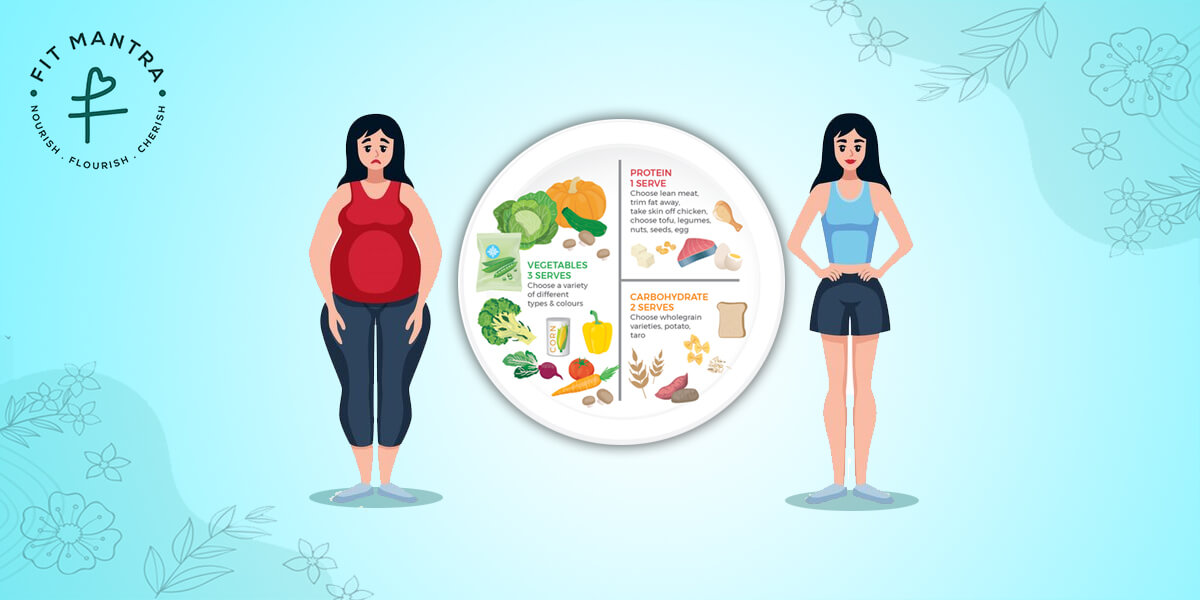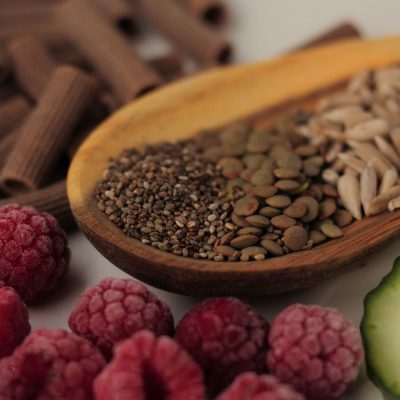Polycystic Ovary Syndrome (PCOS) affects millions of women worldwide, causing
hormonal imbalances, irregular periods, and other distressing symptoms. When it comes
to managing PCOS, there’s a lot of conflicting information out there. Let’s separate fact
from fiction and address common myths related to PCOS diets and weight loss.
Myth 1: All Women with PCOS Need a Gluten-Free Diet
Truth: While gluten-free diets can benefit some women with PCOS, they are not necessary
for everyone. Collaborate with a healthcare provider to determine if dietary changes are
beneficial for your specific case. For individuals without celiac disease or gluten
sensitivity, including gluten-containing foods as part of a balanced diet is acceptable.
Myth 2: Cutting Out Carbs Completely Is Essential for Weight Loss with PCOS
Truth: While limiting carbohydrates can be helpful, it’s unnecessary to eliminate them
entirely. Focus on consuming complex carbohydrates from whole grains, fruits,
vegetables, and legumes. These provide sustained energy and support overall health.
Myth 3: Women with PCOS Should Avoid All Dairy Products
Truth: Moderation is key. Dairy products can be part of a PCOS-friendly diet. They offer
essential nutrients like calcium and vitamin D, crucial for bone health. Opt for low-fat or
fat-free options and consider alternatives if you’re lactose intolerant.
Myth 4: Low-Fat Foods Are the Only Way to Lose Weight with PCOS
Truth: While limiting fat intake can aid weight loss, healthy fats—such as those found in
avocados, nuts, seeds, and fatty fish—are beneficial for women with PCOS. Focus on
quality fats that support overall health.
Myth 5: There’s a Magic Bullet Food to Cure PCOS
Truth: No single food can cure PCOS. Instead, focus on an overall balanced diet. Prioritize
anti-inflammatory foods, including non-starchy vegetables, lean proteins, and whole
grains. Avoid processed foods and added sugars.
Myth 6: Weight Loss Is the Ultimate Cure for PCOS
Truth: While maintaining a healthy weight can help manage symptoms, it’s not a cure.
PCOS is a complex condition, and weight loss alone won’t eliminate it. Focus on overall
health, including diet, exercise, and stress management.
Myth 7: PCOS Diets Must Be Restrictive and Complicated
Truth: A sustainable approach is more effective than extreme restrictions. Consider the
Mediterranean diet, which emphasizes whole foods, fruits, vegetables, healthy fats, and
lean proteins. Remember that individual needs vary, so work with a registered dietitian to
create a personalized plan.
In summary, debunking these myths empowers women with PCOS to make informed
dietary choices. Remember that everyone’s journey is unique, and a holistic approach—
combining nutrition, exercise, and self-care—is essential for managing PCOS effectively.







